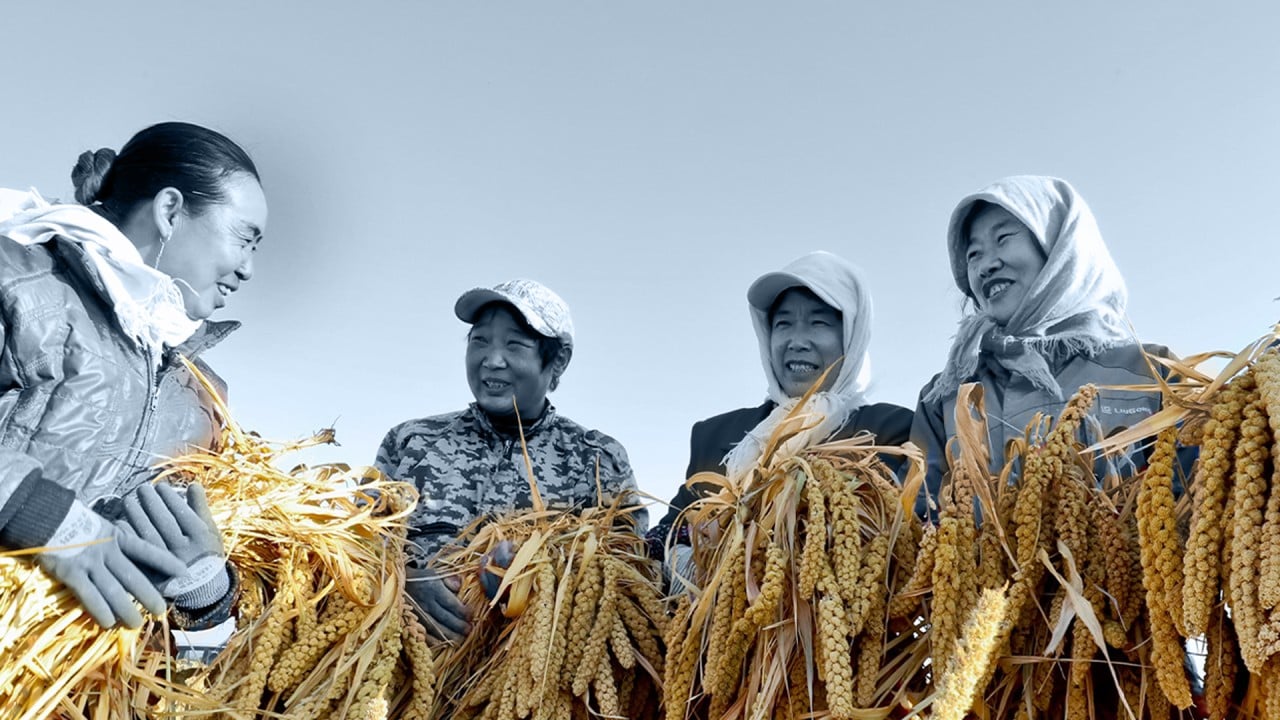Police in northern China have detained five people for allegedly colluding to steal about 10,000 tonnes (22 million pounds) of corn valued at around 25 million yuan (US$3.45 million) over a two-year period in a major fraud case amid Beijing’s food security push.
A grain dealer surnamed Guo in Hebei province has been accused of misrepresenting delivery data, the state-backed CCTV reported on Monday.
Guo, a supplier for an unidentified “major local grain company” in the province, allegedly provided less corn in deliveries between 2020 and 2022, the report said, quoting a local police officer.
Explainer: 6 things to know about China’s GM food progress amid its food security push
Explainer: 6 things to know about China’s GM food progress amid its food security push
The case was revealed as authorities have heavily regulated the grain sector in recent years amid Beijing’s increasing sensitivity over food supply against a backdrop of geopolitical tensions, disrupted international food trade and climate change.
The group had been detained in July after the grain company reported a discrepancy with its actual inventory.
The quintuplet remains in police custody on suspicion of contract fraud and theft as prosecutors review the case.
Guo admitted to dishonesty during the delivery process, but said that he did so because he had a business dispute with the grain company, police said.
The deception was made possible with help from four granary workers, one of whom, surnamed Gou, was employed by the grain company as a security guard.
Gou was supposed to be the “first line of defence for food security”, but “colluded with grain dealers and became a grain-stealing mouse instead of a food guard”, the report said.
And despite the challenges, the Ministry of Agriculture and Rural Affairs said China has managed to maintain “ample grain reserves”.
Grain reigns supreme in China’s food security as country seeks record yields
Grain reigns supreme in China’s food security as country seeks record yields
China’s ratio of food reserves to consumption is “far above” the 17 to 18 per cent line recommended by the Food and Agriculture Organization of the United Nations, the ministry said in January without releasing a specific figure.


